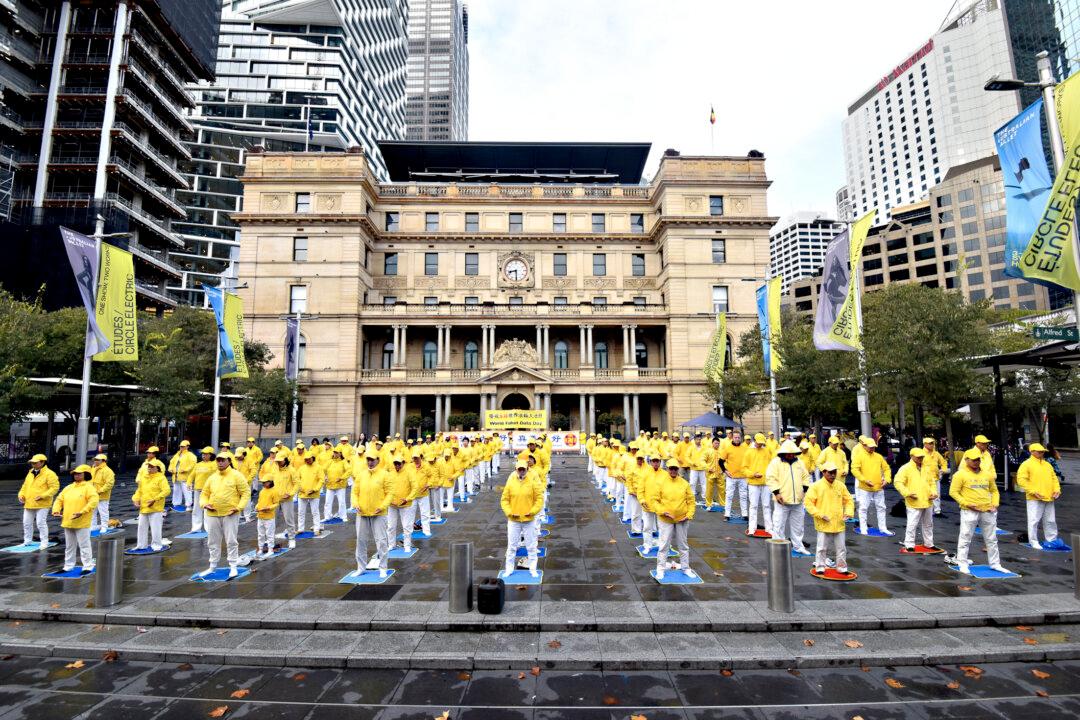The Australian federal government has committed $159.6 million over four years in its 2020-2021 Budget to implement further superannuation reforms in a bid to boost the performance of the $3 trillion industry and save 16 million Australians $17.9 billion over the next decade.
The “Your Future, Your Super” scheme designed to increase accountability and transparency, will set up a new online comparison portal to help super fund members compare and select the highest-performing super fund.





